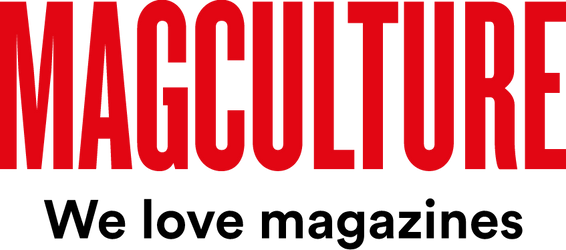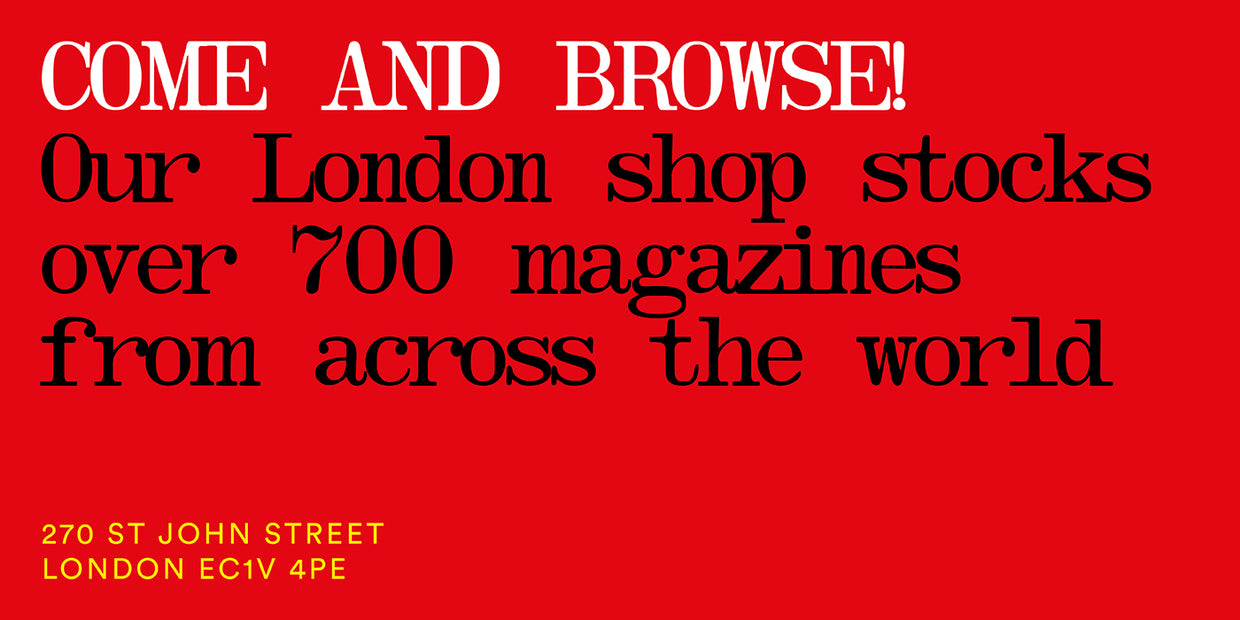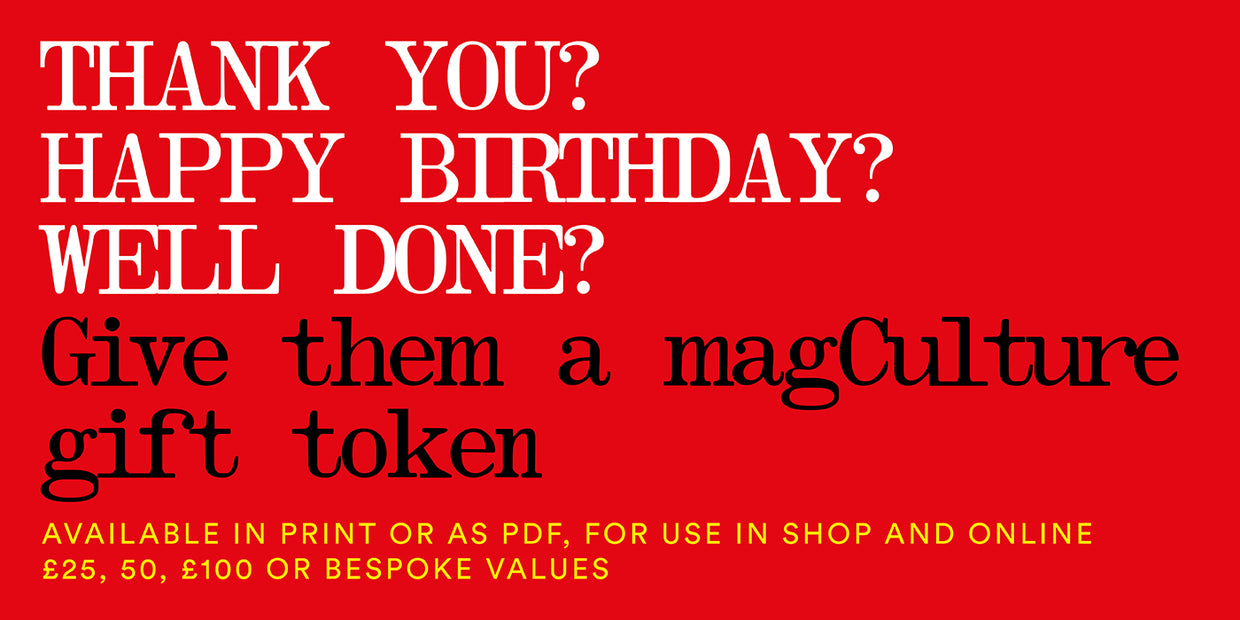
Alex Mead, Rugby Journal
This week we talk to Alex Mead, editor-in-chief of recent launch Rugby Journal and current chair of the British Society of Magazine Editors. Ahead of their third issue, Alex gives us the low-down on a typical Monday for the only Rugby magazine title.
Tell us about your typical Monday journey to work
As with every morning, it usually starts around 5.30am with my two-year-old Max deciding it’s time to play, so by the time I get to Palmers Green station, I’m on my third, or maybe fourth, black coffee – I think it’s written in editorial law for anyone who once worked at a newspaper to have coffee that way. I try and avoid the tube just for fresh air if nothing else, and take two overground trains to the office in King’s Cross.
Describe the state of your desk and what you can see in your office
My two desks are very different, the one at work in King’s Cross is quite frankly a mess at all times – although my creative director Simon Campbell is a tidy freak, so if I’m out for a day, I’ll often come back to find it super neat. The view is onto the courtyard of Plan B’s studio, which is pretty cool – although we’ve yet to see him. At home, the desk is an assortment of rugby memorabilia, stacks of magazines and lots of doodles of elephants, courtesy of Max – well, technically, me but at the persistent request of Max.
Which magazine do you first remember?
Look-in! It pretty much covered everything from the latest bands, Five Star had their own comic strip, to the A-Team to Worzel Gummidge and Daley Thompson – you just don’t get that kind of breadth anymore. From the age of about six heading to the local newsagent with my mum every week to buy it was a weekly pilgrimage.
Which magazine matters to you the most right now?
I really want to say an achingly trendy title that only hardcore MagCulture people would’ve heard of, but I get so little time to read anything that I only ever pick up timeless magazines, and desperately uncool ones like history titles or football fanzines. So, beyond BBC History and When Saturday Comes, I can’t think of anything.
Can you describe your magazine in three words?
Rugby. Words. Pictures.
There are ever-increasing numbers of independent magazines dedicated to football, and as far as I'm aware yours is the only one about rugby. Why do you think that is?
I think when it comes to rugby’s hardcore it’s still a minority sport compared with football, the popularity of Six Nations rugby distorts it a bit – much like you’d think tennis in the UK was huge if you went by Wimbledon.
That said, rugby has grown in many areas, particularly the women’s game and sevens, but I think that has been reflected more online than in print. Ironically, we’re kind of pioneers by launching an independent print rugby title.
Give us an example of a RJ story that best represents how you seek to readdress coverage of the sport.
I think the story of Verity Smith, a transgender rugby player who made the decision to become a man 18 months ago and has been to hell and back several times as a result.
He’s led the most incredible life, both in rugby terms – playing senior rugby aged 11, and reaching top club level in both league and union – but also on a personal level. He says things that just stop you dead in your tracks. It could only be told in long-form, so we did it both in the journal and created a podcast for it too, Rugby Stories.
Tell us about the third issue — arriving mid-summer, what is there to say about the sport, off-season?
We don’t really talk about specific matches or tournaments, it’s more timeless stories – we hope readers can pick up issue one in a year’s time and still find it insightful. With cover star Alun Wyn Jones, he talks about fatherhood, the influence of his parents, caravan holidays, everything.
I think anyone with just an interest in people, places, culture and history can find something in rugby, whether it’s Verity’s story, or the story about a German billionaire bankrolling rugby in Germany, or how a rugby chairman made his millions in helping to found Just Eat.
We also look at the psychology of being injured, by talking to Bath Rugby’s long-term rehabilitation list, our story about a new stadium in Cornwall also looks at the economic impact sport can have on society, and we also visit a young offenders institute where rugby is used to rehabilitate inmates. It’s not about rugby stories, it’s about good stories, they just happen to be linked by rugby.
What’s going to be the highlight of the week for you?
We’ve got an interview with a very combustible rugby coach who rarely gives this sort of access, but we’re probably going to spend a day with him, so by the end he’ll hopefully have opened up a bit!
What will you be doing after this chat?
We also work with a triathlon brand, so we’re heading to the nearby lido for a shoot!
instagram: @therugbyjournal
twitter: @journalrugby







